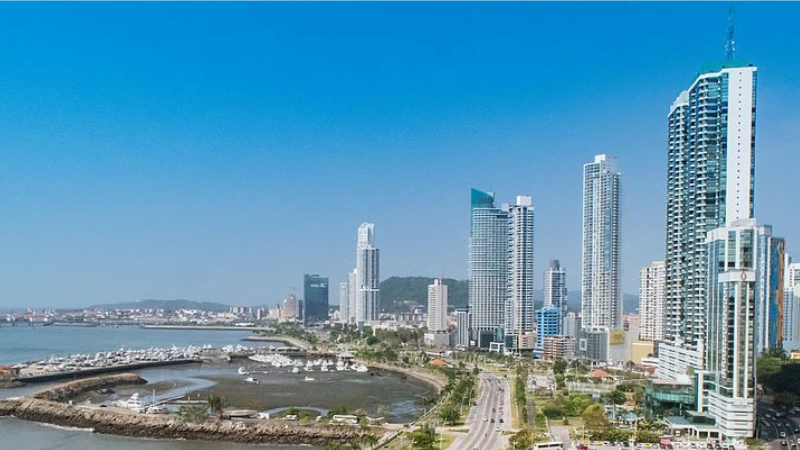Panama has said its inclusion in an EU blacklist of dirty money jurisdictions was “unfair” in a statement made by the office of President Juan Carlos Vaerla.
Earlier this month, the European Commission adopted a new list comprising of 23 countries that have strategic deficiencies in their anti-money laundering and counter-terrorist financing frameworks.
Apart from Panama, other countries included were Afghanistan, North Korea, Iraq, Syria, Saudi Arabia and Libya.
The Panamanian government did not react well to their inclusion stating that they Panama “strongly rejects” the proposal of the European Commission to include the country in the list, arguing the government has a “clear commitment in the fight against money laundering”.
A countries inclusion on the list means that the Commission has concluded that conducting financial or bank transactions with these countries could expose the European financial system to a high risk of money laundering and terrorist financing.
Malta was the only country to have an EU Minister, as well as the Prime Minister’s chief of staff, exposed as having companies there in the Panama Papers leak. They remain in power.
Věra Jourová, Commissioner for Justice, Consumers and Gender Equality, said: “We have established the strongest anti-money laundering standards in the world, but we have to make sure that dirty money from other countries does not find its way to our financial system.”
Panama is a well-known offshore jurisdiction as well as a tax haven that has a reputation for not cooperating with international tax transparency initiatives.
In 2015, over 11.5 million documents were leaked from a Panamanian law firm and corporate service provider, Mossack Fonesca. The leak, known as the ‘Panama Papers’, included documents that provided details of offshore accounts and entities for hundreds of thousands of clients around the world.
Among those exposed were Maltese Minister Konrad Mizzi and Chief of Staff Keith Schembri who were both found to own companies there, set up a few days after the Labour Party was elected in 2013 and even before a Cabinet had taken shape.
Further probes by the press showed the companies were set up with the intention of receiving $150,000 a month each from a third, Dubai-based company – 17 Black owned by Electrogas director Yorgen Fenech involved in a controversial consortium including Azeri state-owned company, SOCAR.












